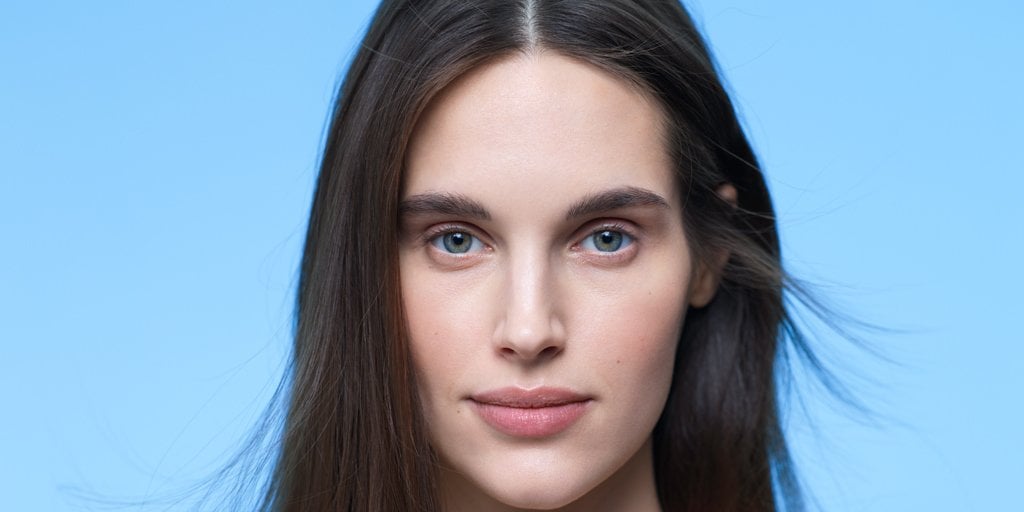YOUR DAILY PROTECTION
DURING TREATMENTS
UVAs are present year-round, in every place and every season. Even on overcast days they penetrate the dermis and may cause irreversible damage to the skin. This is why it is recommended to use a cream with sufficient protection factor every day.
Some adverse effects of treatments (rash, inflammation, dryness, alteration of the cutaneous barrier, hyperpigmentation) may worsen with sun exposure. This is why it is essential to protect your skin.
Prefer hypo-allergenic protection products formulated for sensitive skin and that feel pleasant to apply to your skin, since it is important to protect it every day.
From the beginning of your treatment to a year after it ends, you should use a sun protection product that includes UVA and UVB filters with high protection factors in order to protect your skin, which is weakened by the treatments.
Ask your medical team for advice. Your doctor will be able to tell you when you may apply any given product based on your skin’s condition. In some cases, strict avoidance of sun exposure may be recommended for the time being.
IN THE EVENT OF
PROLONGED EXPOSURE
• Prolonged exposure is any kind of continuous exposure, such as outdoor activities, time at the beach or in the mountains. You must take a few precautions in such cases.• Avoid any exposure between noon and 4 PM, when the sun is at its zenith. If you cannot avoid this, protect your skin by wearing clothing (long-sleeved tee-shirt and trousers/pants), sunglasses, a wide brim hat or a cap.
• Insofar as it is possible to do so, plan to do any outdoor work early in the morning or late in the afternoon, and work in the shade. Parasols, buildings, trees, awnings, etc., may be used to protect your skin against direct sunrays.
• Choose your sunscreen in cream, gel or oil form with a 50+ SPF with balanced UVA protection UVA protection, like the ones of the Anthelios range.
• Apply this product after your moisturizer, without forgetting your ears, lips, front and back of your neck, palms of your hands, soles of your feet, and your scalp, if necessary, as these zones are frequently neglected.
• Re-apply every two hours on all exposed areas if you are doing outdoor activities.
• Banish indoor tanning for good.






